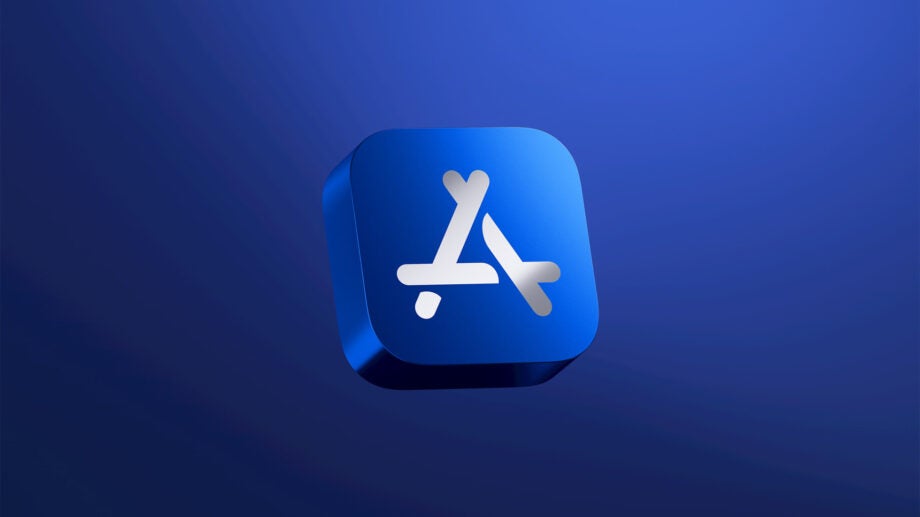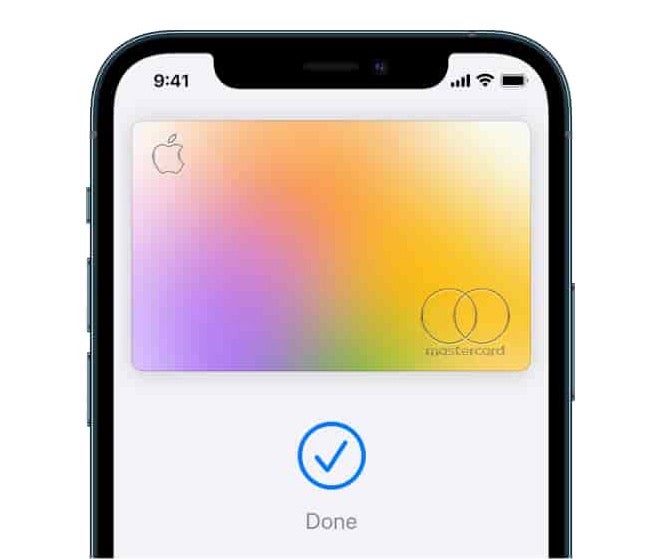EU App Store ruling hurts iPhone users’ right to prioritise security

OPINION: The European Union’s decision to force Apple into a more open marketplace harms iPhone users who’ve chosen iOS for security reasons
A lot of iPhone users choose iOS because they value and have placed trust in Apple’s promises to prioritise their digital security and digital privacy.
However, through a desire to foster greater competition in the marketplace, the European Union is taking that choice away from smartphone users across the entire bloc.
The decision to allow third-party app marketplaces and in-app payment services, as well as the ability to sideload apps and use a different solution to Apple Pay for wireless payments, will benefit developers and push back against a perceived monopoly.

How are the Bose QCII earbuds this cheap?
The Bose QuietComfort II noise cancelling headphones are down to £189.95, which is the cheapest we’ve ever seen.
- Bose
- RRP: £279.95
- Now: £189.95
However, as Apple says, this decision will limit the company’s ability to protect users from the countless bad actors out there looking to steal ownership of devices, exploit data, extort them for money, commandeer their identity, raid their accounts, and every other horror story you hear about. There’s too much at stake to have amateurs behind the wheel.
Of course, it should be said, users will still have the opportunity to exclusively use the App Store to download apps and pay for services, but the market will talk too. If lower prices are available elsewhere due to the changes, people will choose to go down that route. We live in a society where the pennies are everything. Eventually, the secondary marketplaces will become the norm and so will the increased threats that brings from less experienced guardians.
Does this serve the creative economy? Yes, it should. But if you asked most iPhone users whether they care one iota about a) the cut Apple takes from developers through in-app purchases and b) whether it’s fair that all downloads and purchases must be made through Apple, what do you think they’d say?
Would they say it was something they’d thought about for a single second? A few in the know folks might. Some might say they agree it’s unfair on the developer community and the content creators that Apple controls the marketplace and gets such a big share of the spoils for in-app purchases.
But think about how many of those would honestly rank that concern above their own digital security? I’d say few to none. Some may be unconcerned about this change and think of it as scaremongering from Apple. They’d be wrong.
iPhone Wild West awaits
Check the Google News Technology section now and again. Invariably, you’ll see headlines like: “These 25 Android apps with millions of downloads culled due to malware”. It’s a jungle out there.
How often do you hear about fly-by-night game developers fleecing users for in-app purchases? How often do you hear about clone apps springing up all over the place and making it past the Play Store protections? And this is Google. It has the resources to be on top of this stuff (even though they’re often not). Who knows who will be offering apps on Apple platforms from now on?
And, as Apple says, it’s methods of mitigating the threat once the ecosystem is out of its hands won’t always be enough.
I don’t want that on the iPhone. Give me the walled garden any day of the week. I value the App Store ecosystem because I know that – baring rare exceptions – everything is safe. The App Store is a marketplace with vigorous and, quite frankly, anal procedures for vetting apps and developers. I trust the payment facilitator I am using. I trust Apple Pay entirely because I understand how it works as a one-time token that never gives my card details to a vendor.

As Apple has said, it won’t be expanding the options beyond the EU because it doesn’t believe this is the best way to keep its users safe.
Apple says: “We’ve been very clear about new threats the Digital Markets Act introduces — including increased risks for malware, fraud and scams, illicit and objectionable content, and reduced ability for Apple to respond to and remove malicious apps. The changes required by the DMA also involve new technologies and processes that are untested and may require further development.”
Part of this is obviously spin from Apple. It may be accentuating the nature of the risks over fears its part of the pie might sliced elsewhere. However, the concerns are well grounded.
You will not find another app marketplace, contactless payment tool, or in-app purchase provider as scrupulous as Apple when it comes to protecting its users. That protection isn’t just a moral conviction, security and privacy is a crucial part of its very successful business model.
I’m a staunch Remainer, so it’s rare you’ll see me celebrate an EU ruling not applying in the UK (or in the United States where I live and work), but in this instance I’m glad the Digital Markets Act does not apply in either country.
And it’s the same for the efforts to make Apple open up iMessage, which we assume will be next. Leave it alone. Politicians with money on the mind are undermining things that users value and have actively chosen as part of their digital lives. The EU is overreaching and it will harm consumers.








